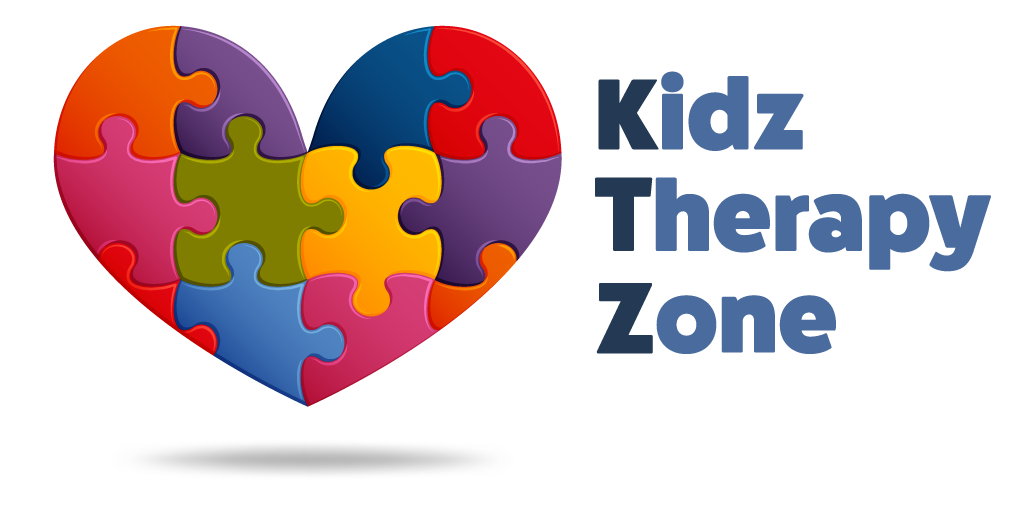Speech and Language Milestones:
By 12 Months:
- Babbles with changes in tone (e.g., “ba-ba, da-da”)
- Says simple words like “mama” or “dada” intentionally
- Waves “bye-bye” and points to objects
- Understands simple words like “no” or “bye”
By 18 Months:
- Says around 10–20 words
- Uses gestures (like pointing or reaching) alongside words
- Follows simple one-step directions (“Give me the ball”)
- Identifies a few body parts (“Where’s your nose?”)
By 2 Years
- Says about 50+ words
- Begins combining two words together (“More juice,” “Mama go”)
- Can point to pictures in a book when named
- Understands basic questions (“Where’s your shoe?”)
- Speech is understood by familiar listeners about 50% of the time
By 3 Years
- Vocabulary grows to about 200–500 words
- Uses 3–4 word sentences (“I want big ball”)
- Can follow two-step directions (“Get your shoes and put them by the door”)
- Speech is understood by familiar listeners about 75% of the time
- Begins asking simple questions (“What’s that?”)
By 4 Years
- Uses sentences with four or more words
- Tells simple stories or relays events
- Can answer “wh-” questions (who, what, where, when, why)
- Speech is understood by most people, even strangers
By 5 Years
- Speaks clearly in full sentences
- Can have a back-and-forth conversation
- Uses language to express needs, thoughts, and feelings
- Understands and uses more complex language concepts (like time, opposites, and describing)
When Families Should Consider a Speech Therapy Evaluation:
A speech-language evaluation might be recommended if a child:
- Is not meeting the expected milestones for their age
- Uses very few words or gestures by 18 months
- Is not combining words by age 2
- Is difficult to understand more often than expected for their age
- Does not follow simple directions
- Struggles with producing certain sounds (e.g., leaving off sounds, sound errors that are unusual for their age)
Helpful Note:
Early identification is key! Even if a parent is unsure whether there’s a “real” problem, it’s always better to seek a professional opinion.
Speech therapy can help boost communication skills early—preventing frustration and helping children connect more easily with others.

